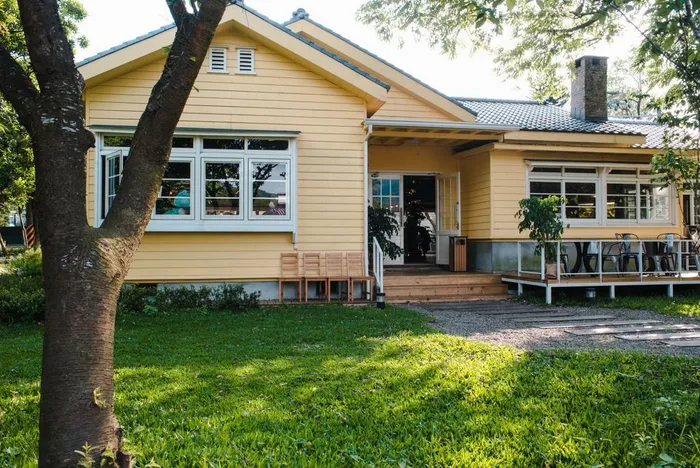
The interest rate cuts have certainly helped, as with every 25 basis point cut, one paid a few hundred rand less if they have a R1 million mortgage or bond.
Image: Freepik
Had the interest rate cuts all come at the same time, say 100 basis points at once, that would have been much better for consumers with regard to immediate relief, according to DebtBusters.
The fact that they came at 25 basis point increments meant the impact is more stretched out, says Benay Sager, the executive head at DebtBusters.
“Nevertheless, it’s still positive in terms of having to pay less towards what you owe.”
South Africa is financially strained
Although recent cuts to the interest rate and petrol price have helped consumers, the latest Q3 2025 Debt Index from DebtBusters reveals that South Africans are still under severe financial strain and are continuing to use high-interest loans to cover the shortfall between income growth and inflation.
Of those who applied for debt counselling last quarter, a record-breaking 95% are relying on a personal loan, while a further 22% use overdraft facilities regularly.
Sager says other key findings show that in real terms, South Africans have 48% less spending power than they did when the Debt Index first launched in 2016, and that those who applied for debt counselling are now using an unsustainable 70% of their take-home pay to service debt, which is the highest level recorded in the last eight years.
According to the debt counselling company, the interest rate cuts have certainly helped, as with every 25 basis point cut, one paid a few hundred rand less if they have a R1 million mortgage or bond. This does help a lot when you add it all up, it says.
Rate cuts brought decent time
The business says homeowners have had a decent time over the last six to eight months, whereas previously it was very difficult with interest rates not changing or going down.
“Over the last several months, there have been successive reductions in the interest rate by the Reserve Bank, and as we know, this is directly linked to mortgage and bond costs, so it’s brought some relief to homeowners.”
Sager says they are hoping that there will be an additional interest rate cut this week, to provide even further relief.
More cuts, more buyers in the market
The executive head says interest rate cuts will certainly put more buyers in the market, and that will spur some activity. He adds that South Africa is going into the summer season, where there is a lot of activity in property throughout the season, as the weather is better and there are more viewings.
Consumer confidence is high
Broadly, Sager says many consumers are feeling more confident.
“The sovereign rating was upgraded last week for the first time in over 20 years-that’s a great sign, and I think if we get another interest rate cut going into 2026, with the stabilised Eskom situation and inflation more or less under control, that will be helpful to consumers.
"All of these things really help, little by little-and that will mean quite a positive mood for the property market and the local economy.”
The property market is showing encouraging signs of growth, despite the headwinds and global economic uncertainty stemming from tariff increases and inflationary pressures that have persisted throughout the year, says Bradd Bendall, the national head of sales at BetterBond.
He says lower inflation, a stronger rand and renewed lending confidence are creating ideal conditions for both homeowners and first-time buyers to make the most of the current momentum. “All indicators suggest that the property market is poised for a strong finish to the year,” Bendall says.
“Regardless of the outcome of the MPC meeting, a solid foundation has been laid for sustained growth into 2026. This is good news for homeowners and aspirant buyers alike.”
Independent Media Property
Related Topics: